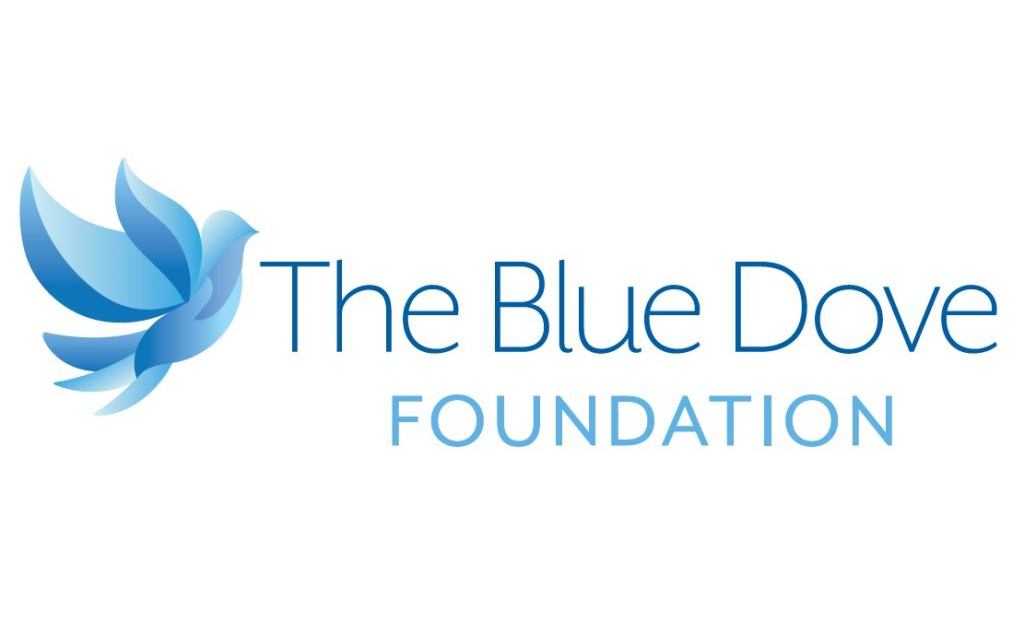Mental Health: When You Don’t Know Where to Begin
The most important thing to remember is that you don't need to suffer alone.
Pop quiz: You are walking down Peachtree Street when a man suddenly clutches his arm and falls to the ground. You run over and recognize instantly that he needs help.
What is the first thing you do?
Call 911? Correct.
Get The AJT Newsletter by email and never miss our top stories Free Sign Up
What about your family member who hasn’t been “acting herself” lately? She hasn’t been going to spin class, has missed work, or has been sleeping too much or little.
Or your teenage son whose grades have suddenly dropped? His old good friends haven’t been calling, and his new friends don’t come into the house to say hello before “just going for a drive.”
What do you do? Whom do you call to figure this out?
What would you even ask if you got someone on the line?
These are issues we, as mental health professionals, hear all too often. People know something is wrong but aren’t sure what to do next. Something needs to be identified or diagnosed. Something needs to be fixed.
But nothing happens.
The reasons for the inaction vary, from not knowing whom to call to making false assumptions about what is truly going on and what the outcome will be.
Of course, money, insurance, work, school and busy schedules all can cross the muddied mind, and let’s not forget about good old anxiety. (“What if I say the wrong thing to the therapist? Will they judge me?”)
Recently, I had a friend who was going through a remarkably difficult few years and whose friends and family were all in agreement: “Yo, you really should go see someone” (an actual quote from an anonymous loved one — OK, it was me).
The reasons for inaction were abundant and mostly involved a rationale that the solutions were obvious and that she didn’t need a therapist to tell her about the errors in her ways. And, besides, whom would she even call?
Good news: There are countless options available.
First, if you ever feel someone is in immediate danger, call 911. There are also crisis hotlines, such as 800-273-TALK (24/7, free and confidential support for people in distress and crisis resources for you or your loved ones). I used to work at a hotline, and I promise you that it’s perfectly kosher to call and say, “I have no idea what’s wrong but …”
A mental health professional is prepared to help, which may simply point you toward a more specialized referral or provider.
There also are always local resources, which are a great place to begin. Atlanta has several good options to start, such as Jewish Family & Career Services’ outpatient counseling services. Or call me directly at The Berman Center (number below), and I’m happy to provide some insight into where to seek care and who can help. Specialization matters.
Whatever you do, don’t suffer in silence!
If you’ve read this far, you’re clearly interested in the topics of mental health and/or substance abuse. I implore you and a group of your closest friends to join several of the local Jewish mental health organizations for the Blue Dove Foundation’s “Quieting the Silence Education Series: A Night of Jewish Mental Health and Substance Abuse Education.”
We will learn, laugh and cry, and I know in my gut that this event will advance the conversation, eradicate the shame and stigma, and, most important, help those who are suffering choose to seek assistance.
It’s Thursday, May 24, at 7 p.m. at Temple Sinai, 5645 Dupree Drive, Sandy Springs. It’s for adults only and is free.
Daniel Epstein is a licensed psychotherapist and is the program director at The Berman Center (https://www.bermancenteratl.com/). For program or private practice inquires, email daniel@bermancenteratl.com, or call 770-336-7444. The Berman Center offers a path forward for those dealing with addiction and/or mental health issues. Based on the Jewish values of community, healing and wholeness, our spiritually holistic approach helps participants transition from surviving to thriving. We offer a customized, multidisciplinary treatment plan that supports the individual and the family, as well as exceptional post-treatment community integration programs. For more tips on how to approach the above types of situations or answers to questions related to mental illness or addiction, call 770-336-7444, or email questions@bermancenteratl.com.





comments